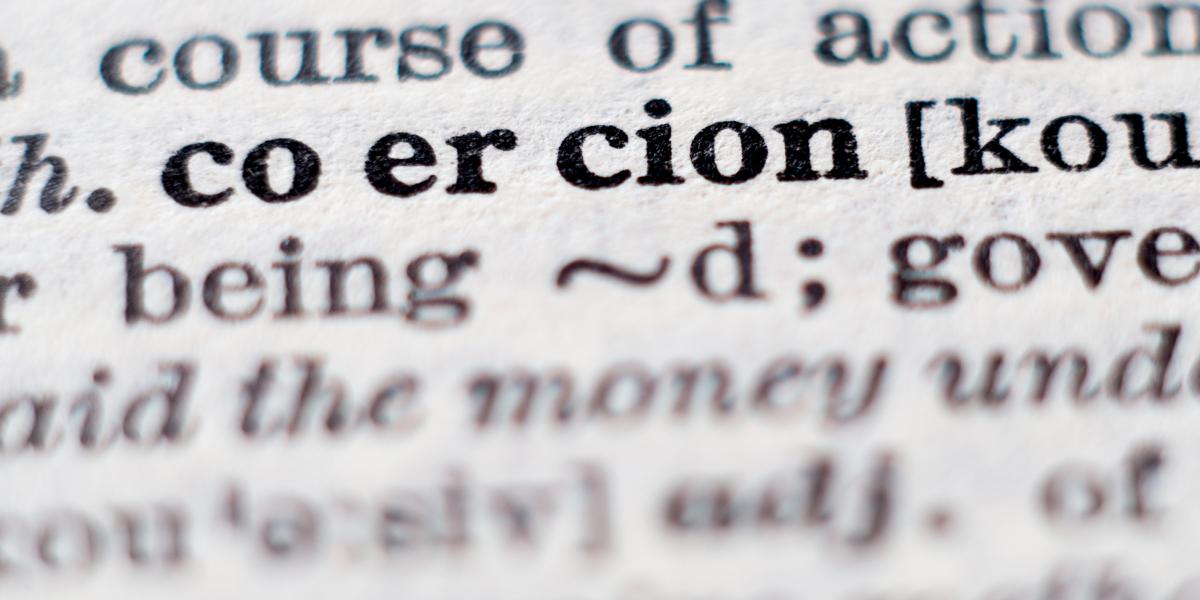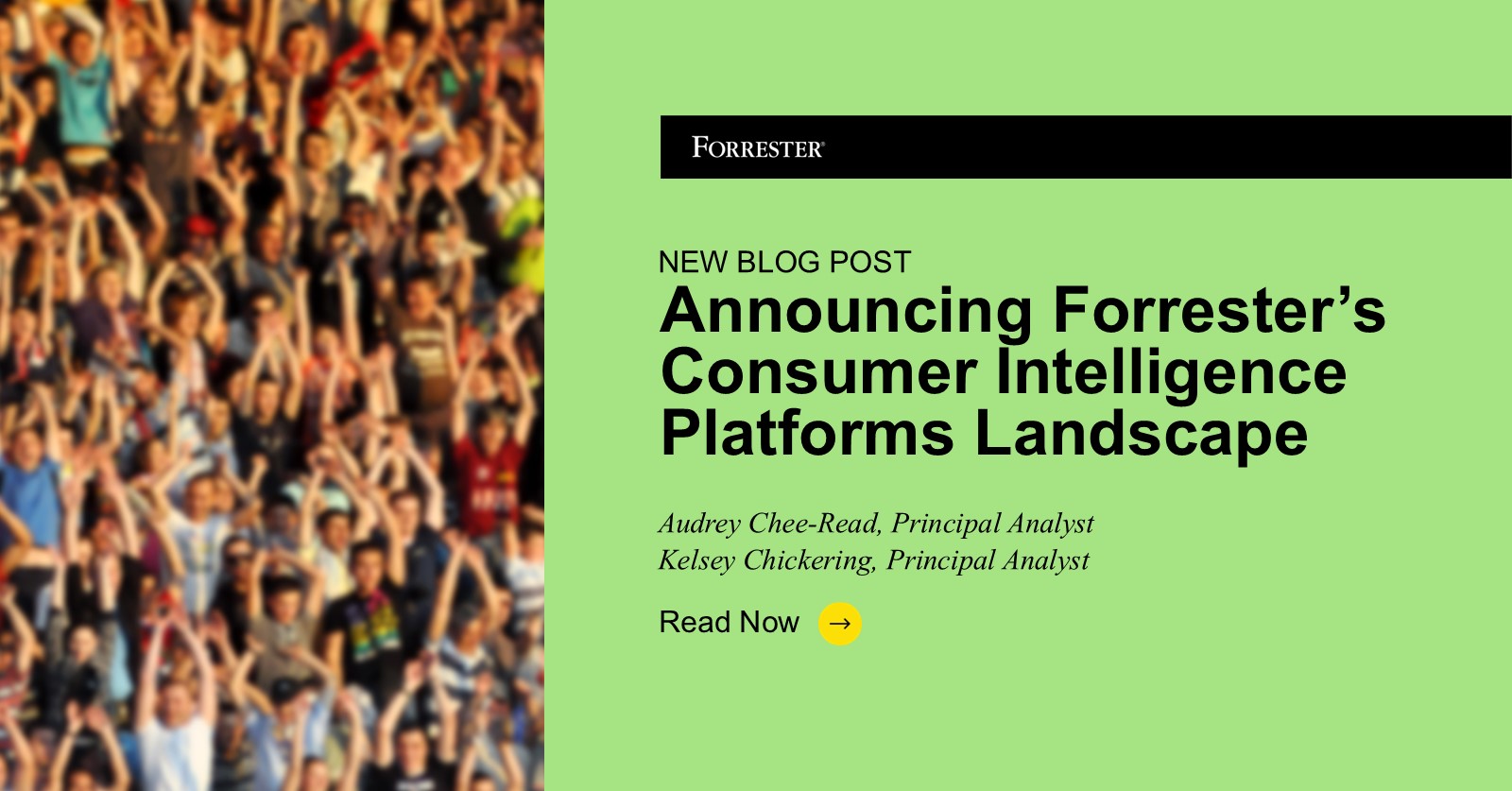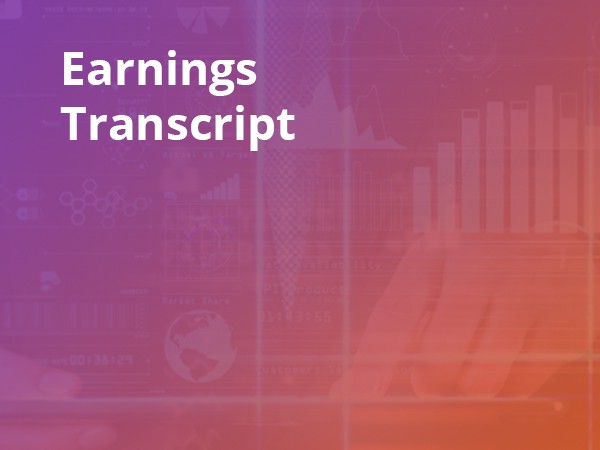The literal meaning of coercion is of little philosophical use, as it could mean anything that anyone feels under pressure to do against his will. The word “force” is often used conversationally in that broad sense—“they ran out of the style I wanted, so I was forced to buy a different style.” During the covid lockdowns there were heated debates over whether people had been “coerced” into complying with the vaccination mandates as, predictably, those who enforced the mandates later claimed that no one was “forced” to comply. In Canada, the then-Prime Minister Justin Trudeau brazenly denied that he had ever forced anyone to comply with his government’s brutal vaccination mandates:
Trudeau said: “And therefore, while not forcing anyone to get vaccinated, I chose to make sure that all the incentives and all of the protections were there to encourage Canadians to get vaccinated. And that’s exactly what they did.”
But that’s true only in the sense of the narrowest interpretation of what the use of force means.
That is, that Trudeau didn’t order anyone to be strapped down against their will and injected with a vaccine.
Trudeau styled himself as a language expert, saying, “I studied English literature, so words really matter to me,” insisting that he was using the “actual definition” of the word “force.” In his view, firing people from their jobs for failing to comply with his mandates, expelling unvaccinated students and staff from universities, and banning the unvaccinated from rail or air transport, or from going into any shops or restaurants, was merely an “incentive” or “encouragement” to comply.
Even if he had ordered Canadians to be strapped down against their will, by that reasoning he could argue they were still not “forced” as it was their choice not to get vaccinated and to ignore the “incentive” of being strapped down. After all, Canadians were still free to travel anywhere in their own cars and grow their own food in their back yards to avoid starving to death. By that definition, even the most brutal dictatorship could still claim to respect liberty. As Carl Becker observed in New Liberties for the Old, “the word liberty means nothing until it is given specific content, and with a little massage it will take any content you like.”
In The Constitution of Liberty, Friedrich von Hayek saw liberty as the highest value, arguing that, “We must show that liberty is not merely one particular value but that it is the source and condition of most moral values.” But he was, at the same time, keen not “to remain always on the plane of high ideals,” quibbling fruitlessly about the meaning of words. He wanted to address liberty in real world conditions, where people are in fact able to live as free a life as possible: “Liberty in practice depends on very prosaic matters, and those anxious to preserve it must prove their devotion by their attention to the mundane matters of public life.” He emphasized that he did not seek a perfect world or perfect liberty, and conceptualized a free society as one where, in practice, “coercion of some by others is reduced as much as possible in society.” This concept of “coercion” played a central role in his theory of liberty, but he did not think coercion could ever be completely eliminated. His goal was to minimize it, and he regarded the rule of law as essential in achieving that goal. In his article “Hayekian Coercion,” David Gordon explains:
According to Hayek, you are free if you live in a society with fixed general rules that are known in advance to the members of society. These general rules let you plan what you are going to do. Hayek contrasts this sort of society with one in which you can be commanded to do something. Here, you cannot plan but are dependent on the arbitrary will of someone else.
As Gordon points out, this “rule of law” view of freedom is attractive to progressives who reason that as long as the rules are clearly set in advance, thereby avoiding being arbitrary, state redistribution is justified:
Rae concludes from this that to get the advantages of Hayekian freedom, everybody should be guaranteed a minimum amount of resources. People should get enough to enable them to join the productive economy. Hayek might well endorse this proposal, so long as a general law prescribed in advance told people how much they would be taxed. Under this proposal, you wouldn’t get to spend all your income the way you like, but this is consistent with Hayekian freedom. Both Mises and Rothbard criticize Hayek, to my mind effectively, for allowing such redistribution.
Murray Rothbard indeed considered Hayek’s definition of coercion to be flawed. In the Ethics of Liberty, Rothbard defined coercion as “the invasive use of physical violence or the threat thereof against someone else’s person or (just) property.” In criticizing Hayek’s definition, one point he made was that Hayek’s focus on subjection to the arbitrary will of others could encompass “peaceful and nonaggressive actions” or even peaceful “refusal to make exchanges” as a form of coercion.
Rothbard’s point was that the exercise of rights inherent in property ownership, such as the right to exclude or the freedom not to associate with others, may well be viewed by the other party as “coercive” in the Hayekian sense. Hayek gave the example of arbitrarily or capriciously threatening to fire an employee during a period of high unemployment when the employee will struggle to find alternative work as a form of tyranny. For Rothbard, this would not amount to coercion because free people are at liberty to enter into and exit employment contracts at will. Rothbard explains:
Yet, “dismissal” is simply a refusal by a capital-owning employer to make any further exchanges with one or more people. An employer may refuse to make such exchanges for many reasons, and there are none but subjective criteria to enable Hayek to use the term “arbitrary.” Why is one reason more “arbitrary” than another?… people, even in business, act to maximize their “psychic” rather than monetary profit, and [Hayek ignores the fact that] such psychic profit may include all sorts of values, none of which is more or less arbitrary than another.
Rothbard’s point is that if the parties are at liberty to exit the contract at will, the fact that the employer terminates the contract during a period of high unemployment does not turn the exercise of that liberty into “coercion.” Forcing people into an employment relationship against their will by forbidding exit would be “a society of general slavery.”
In that example, both Hayek and Rothbard were discussing the termination of voluntary exchanges, not termination by state mandate. Rothbard argued that invoking state power in an attempt to “fix” the alleged “private coercion” of an employer, as attempted by employment protection legislation, would only compound the problem. The power conferred upon the state to “protect” employees is often wielded by the tyrannical state against its own citizens, as seen in the example of Justin Trudeau’s vaccine mandates. State “protection” in such situations turns out to be the more dangerous threat to liberty.
Thus, Rothbard was critical of what he called Hayek’s “middle-of-the-road failure to confine coercion strictly to violence,” as well as Hayek’s view that the under the rule of law the state, by consent of the people, may legitimately wield violence to prevent “private coercion.” It is partly for this reason—Rothbard’s rejection of the idea that state force is justifiable to limit coercion by some individuals against others—that libertarians who favor Hayek’s concept of “coercion” regard Rothbardian libertarianism as “extreme.” Yet, as Hans Hoppe observes in his introduction to Rothbard’s Ethics of Liberty, it is in his uncompromising view of absolute property rights as the foundation of liberty that Rothbard’s most lasting philosophical influence is found.


























